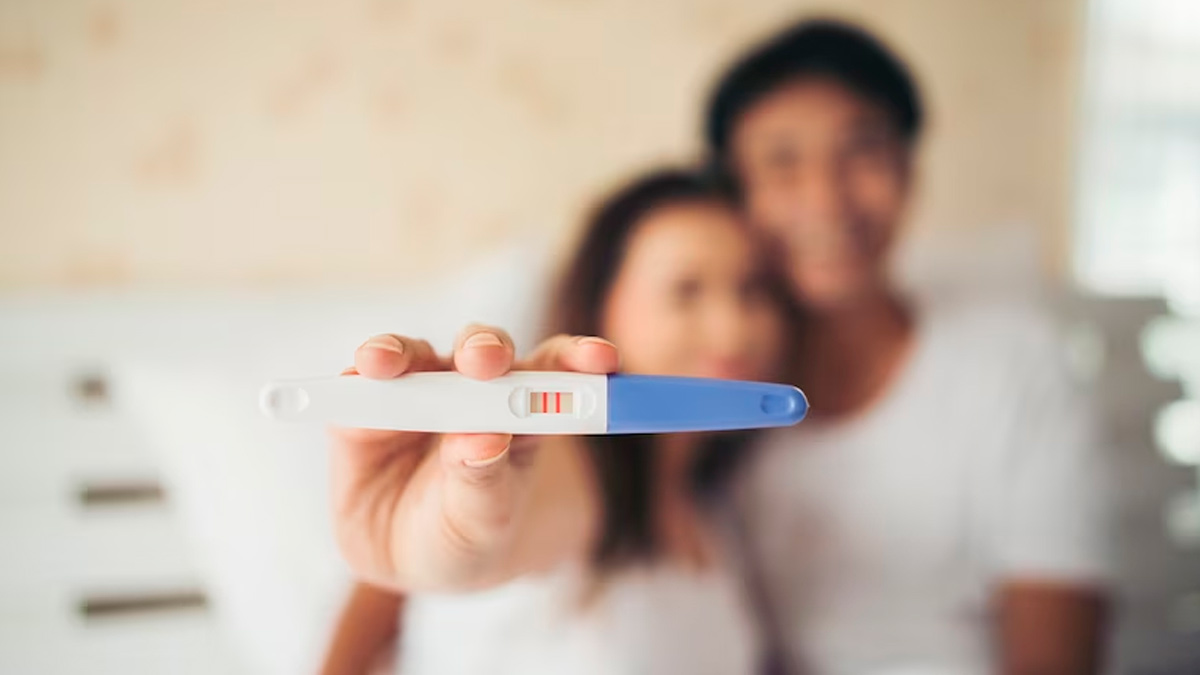
In vitro fertilisation (IVF) has emerged as a transformative fertility treatment, offering hope and new opportunities for individuals and couples struggling to conceive. However, the success of an IVF cycle can vary depending on several factors. Understanding the success rates and the influential factors can help individuals make informed decisions and manage expectations during their journey toward parenthood.
Table of Content:-
In an interaction with Only My Health, Dr Amrita Singh, Sr Gynecologist and Infertility specialist, Pristyn Care explained about success rates of IVF and factors influencing it.
IVF Success Rates
“IVF success rates are typically reported as the percentage of live births per IVF cycle. The success rates of IVF treatments vary based on the woman's age, ranging from around 40-50%. The success rates generally decline as the woman's age increases”, says Dr Singh.
Other factors that can influence IVF success rates include the number and quality of embryos transferred, the clinic's expertise, and the cause of infertility. Preimplantation genetic testing (PGT) can also improve success rates by identifying healthy embryos for transfer.

Also read: Ovarian Hyperstimulation Syndrome: Expert Explains The Complication Occurring In IVF Treatments
Factors Influencing IVF Success
Age
“Age is a significant determinant of IVF success. Women in their 20s and early 30s tend to have higher success rates due to healthier eggs and a more receptive uterus,” said Dr Singh. “As age advances, the quality and quantity of eggs decline, affecting the chances of successful fertilisation and implantation”, she added.
Underlying Health Conditions
Certain medical conditions, such as polycystic ovary syndrome (PCOS), endometriosis, and uterine abnormalities, can impact IVF success. Treating or managing these conditions before starting IVF can improve outcomes.
Lifestyle Factors
Lifestyle choices can play a role in IVF success. Maintaining a healthy weight, avoiding smoking and excessive alcohol consumption, and managing stress can positively influence the chances of conception.
Ovarian Reserve
A woman's ovarian reserve, which reflects the number and quality of eggs, directly impacts IVF success. Diminished ovarian reserve may require customised treatment approaches.
Sperm Quality
According to Dr Singh, male factor infertility, including low sperm count or motility issues, can affect IVF success. Intracytoplasmic sperm injection (ICSI) can address these concerns by directly injecting sperm into eggs.
Embryo Quality
The quality of embryos selected for transfer significantly influences success rates. PGT can identify chromosomally normal embryos, enhancing the likelihood of a successful pregnancy.
Previous IVF Attempts
The success of a subsequent IVF cycle may be influenced by previous attempts, especially if there were implantation failures or miscarriages.

Coping with Stress
Emotional well-being and coping mechanisms can impact the body's response to fertility treatment. Seeking support and managing stress can positively affect IVF outcomes.
IVF is a remarkable fertility treatment that offers hope to many, but it is essential to recognise that success rates can vary based on individual circumstances. While age and underlying health conditions are significant factors, lifestyle choices and clinic expertise also play pivotal roles.
Also read: How IVF Can Be a Boon For Couples With Sexual Intimacy Issues
Seeking guidance from a reputable fertility specialist, understanding individual fertility factors, and maintaining a positive mindset can pave the way for a successful IVF journey.
Also watch this video
Read Next
Khush Khabri With IVF: Essential Self-Care Tips For Managing Stress During In Vitro Fertilisation
How we keep this article up to date:
We work with experts and keep a close eye on the latest in health and wellness. Whenever there is a new research or helpful information, we update our articles with accurate and useful advice.
Current Version